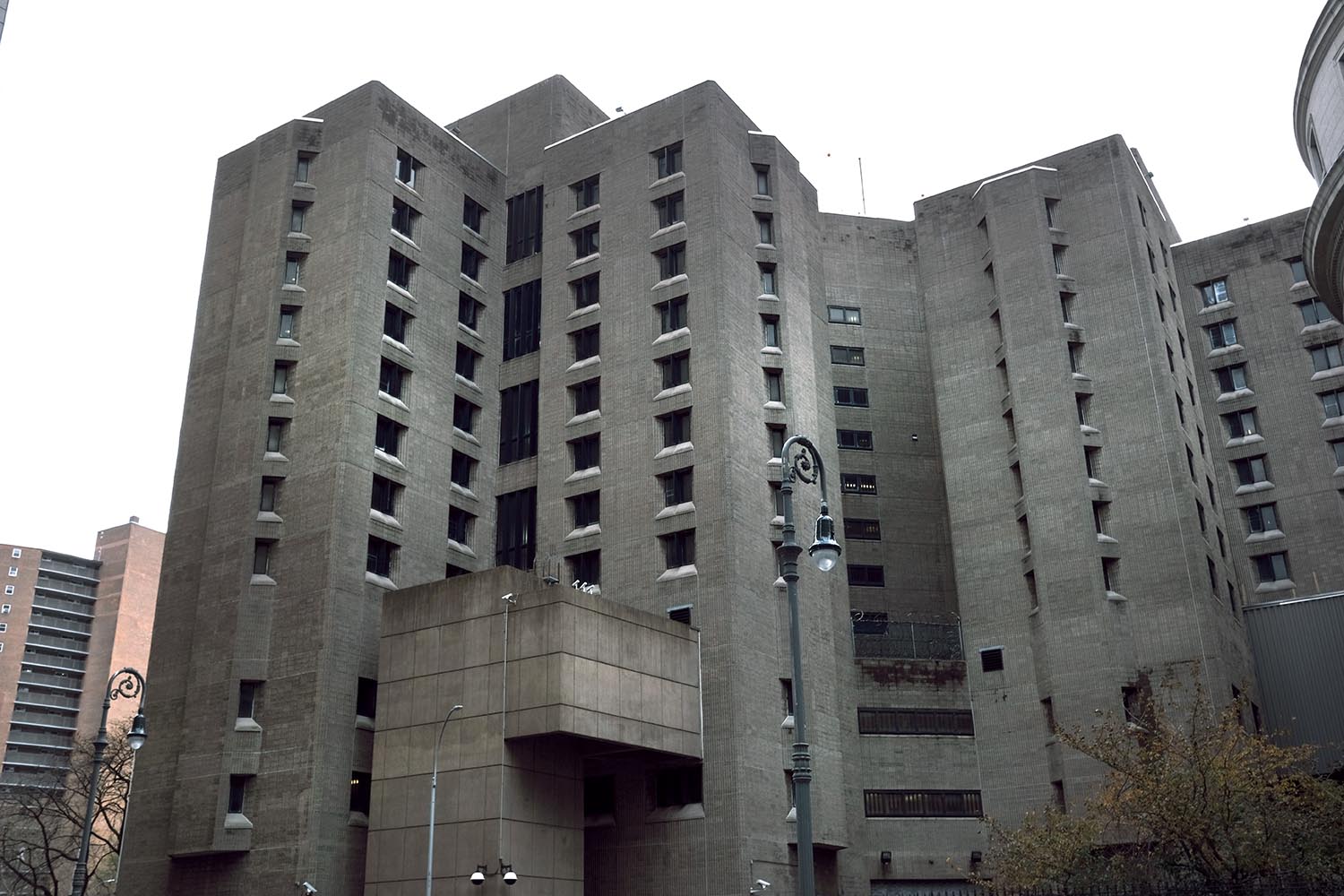
“Limited group gathering will be afforded to the extent practical to facilitate commissary, laundry, showers, telephone, and [computer] access,” the Bureau’s announcement said. “During this time, to the extent practicable, inmates should still have access to programs and services that are offered under normal operating procedures, such as mental health treatment and education.”
A tally released Tuesday by the federal prison system reported 29 inmates and 30 staff have tested positive for Covid-19. Union groups have asserted the numbers are higher than the official count. One federal prisoner has died from the virus.
Criminal justice reform backers, including some lawmakers, have been pressing for immediate release of older inmates and those at particular risk due to preexisting health conditions.
“We hope you will institute aggressive measures to release medically compromised, elderly and pregnant prisoners, as well as universal testing in BOP facilities — to protect everyone … Urgent action is required because lives depend on it,” wrote Judiciary Committee Chairman Jerry Nadler (D-N.Y.) and Rep. Karen Bass (D-Calif.), chair of the Crime, Terrorism and Homeland Security subcommittee.
Attorney General William Barr has ordered a review of the prison population for inmates who could be sent to home confinement without jeopardizing public safety.
While Barr proposed increasing the number of inmates on home confinement, he said last week that many inmates are likely safer in prison than outside. Any releases under the new policy seem likely to be at least a week away because Barr has said he wants such prisoners to be quarantined before being sent home.
„We also have to provide that anyone who is released to home confinement is quarantined before they go out, for 14 days to ensure that we’re not putting people out in the community who have it,” he said.
There are about 167,000 federal prisoners spread between federal facilities and private or locally run jails, with about 10,000 of them older than 60, according to Barr. The vast majority of the U.S. prison population is under state and local authority.
One of the massive virus-response bills passed by Congress last week gives the Justice Department more authority to release federal prisoners early if Barr declares that an emergency is interfering with prison operation. The Justice Department has not responded to questions about whether Barr has yet issued such a declaration.
One criminal justice reform advocate expressed disappointment in the lockdown, saying it is likely to aggravate problems related to the virus, not ameliorate them.
“How incredibly short-sighted, contrary to the advice of any experts, and inhumane,” Chris Geidner of the Justice Collaborative wrote on Twitter. “Keeping people in their cells for 14 days straight is NOT the same thing those of us elsewhere are going through. Most of us have a supply of soap and hygienic bathrooms in separate rooms from where we eat, for starters.”
In recent days, judges have ordered the release of some immigration detainees at greatest risk for serious illness from the virus. There have also been releases of pretrial detainees and convicts at the state and local level, but few from federal prisons.
On Tuesday, U.S. District Court Judge Jesse Furman in Manhattan turned down such a bid from a former medical doctor he sentenced to three years in prison roughly three weeks ago.
Lawyers for Nkanga Nkanga, 67, who pleaded guilty to issuing unwarranted opioid prescriptions, said he’s in grave danger at a Brooklyn prison due to his age and declining health, including asthma and complications from a stroke a decade ago.
In an impassioned opinion, Furman wrote that if he’d realized the gravity of the pandemic several weeks ago, he would have postponed sentencing Nkanga or ordered some relief to keep him out of prison until the danger abates. But the judge concluded he lacks any authority to release a prisoner already serving his sentence.
“Dr. Nkanga’s case is a vivid illustration of why the dangers posed by Covid-19 to the imprisoned population cry out for action by Congress and the Executive Branch,” wrote Furman, an appointee of President Barack Obama. “Although the rational and right result is for Dr. Nkanga to be temporarily released from custody until circumstances improve, the Court is powerless at this point to bring about that result.”
Nkanga’s lawyers returned to the court early Wednesday with an argument that Furman has the power to release their client in response to a habeas corpus petition challenging his conditions of confinement.
Furman has yet to respond to that last-ditch plea, but in his earlier ruling he said officials outside the judiciary are the only ones who have the power and agility to safeguard prisoners at the most serious risk from the virus.
“Only the political branches can do what this moment requires,” the judge wrote. “The question is whether they will do so — and, if they do, whether their actions will be too late for Dr. Nkanga and other inmates like him.”
Source: politico.com
See more here: news365.stream






